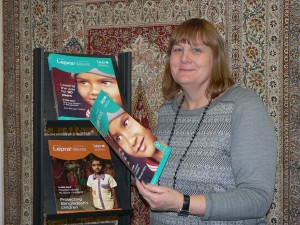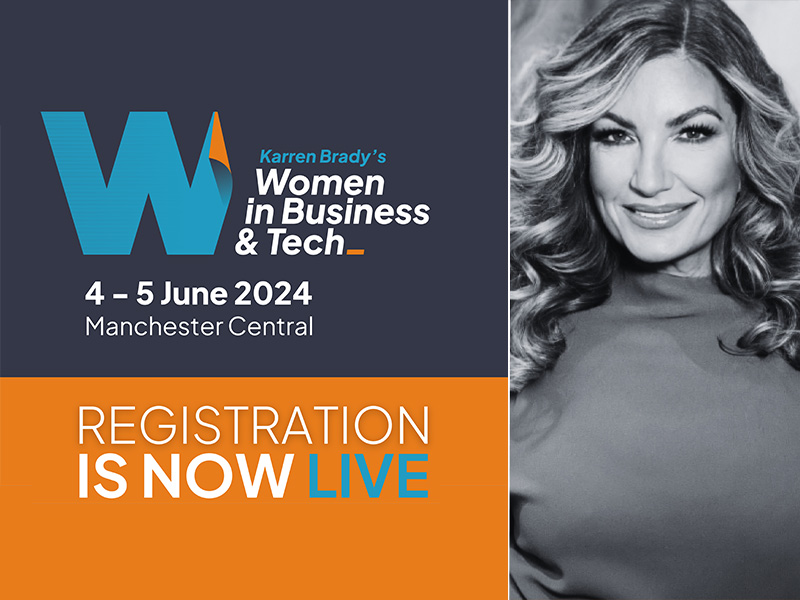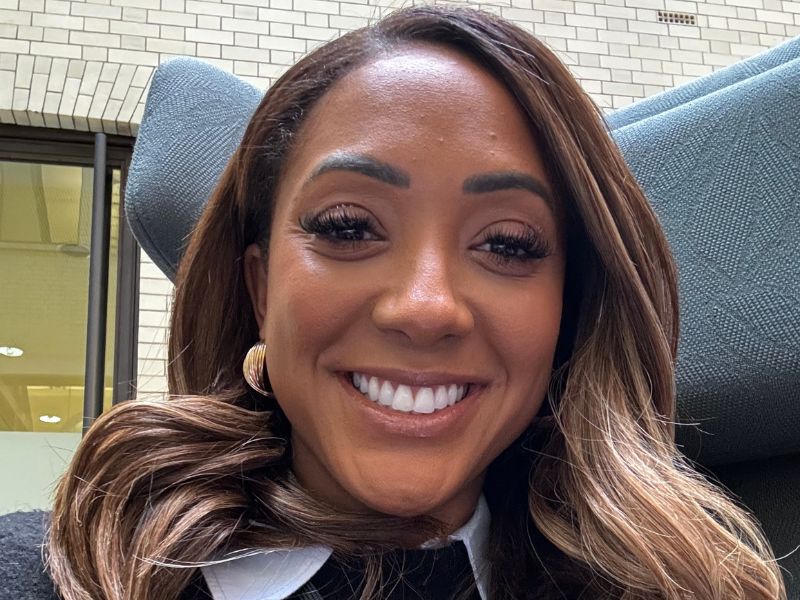 Tell us a bit about yourself, background and what you do currently
Tell us a bit about yourself, background and what you do currently
A civil engineer by training, I took a year’s leave of absence from a job in the commercial logistics world to work for Save the Children in Ghana. Some 20 years later I’ve not gone back to the corporate sector! Since then I have been lucky enough to work in 17 countries in Africa and several in Asia. In that time I founded an NGO that harnesses the skills of the European transport industry to fight poverty in developing countries, subsequently moving on to be chief executive of two further international charities, most recently moving to Lepra 4 years ago.
Why did you leave the corporate sector?
I had absolutely no plans to leave BP. I had a good career with great opportunities, but a colleague showed me the advert for the job in Ghana and somehow the idea just took hold. Three months after moving to Ghana, I recognised that the job satisfaction of personally being able to make a visible difference to people’s lives meant that I would never go back to the corporate sector. I was in a lucky position to be able to make that choice at that time in my life. It was a very selfish decision to make but I’ve not regretted it for a minute. Working in the international charity world has enabled me to meet some really inspiring people who challenge the way you approach your life.
Why Lepra?
Lepra gave me a whole new challenge as it focuses on new geographical and technical areas for me. There was also the excitement that Lepra has always been pioneering and ground-breaking in its approach, and the quality reputation it has in the communities it serves was a real attraction. My time overseas, made me realise there is still so much work to do in leprosy and neglected diseases and by working in this area means we are changing the lives of the poorest and most marginalised people.
What has been your biggest challenge?
The thing I found hardest when I came into this sector, is to ask people for money and often for large amounts. However, it is an absolute pre-requisite of my job. It does mean, I must believe strongly in the cause and our ability to change lives, in order to be able to make those requests. The positive side of this is that I get to see what a difference that money can make to the individuals we work with.
What’s been your greatest achievement personally?
For me it was establishing an international transport charity that is still growing from strength to strength 10 years after I left. The satisfaction gained from uniting a competitive industry to work together to achieve a single goal, made the hard work and constant traveling worthwhile and I’m so proud of what the organisation has gone on to achieve.
Three months after moving to Ghana, I recognised that the job satisfaction of personally being able to make a visible difference to people’s lives meant that I would never go back to the corporate sector.
If you weren’t doing what you do, what would you be doing?
I would love to be involved in sports administration in some way. I’m a keen athletics and F1 fan and a member of Surrey Cricket Club. As a teenager, I gained so much confidence and independence through competitive sport and it still gives me a great buzz to this day, even if I am now just a spectator.
Do you feel there have been any advantages to being a woman working in a man’s world?
In the cement and chemicals industries it was hard to find initial acceptance and I really did feel I needed to be better than the men I worked with to be recognised. But once you’ve achieved acceptance, the more female style of management, problem-solving, and gaining consensus was a major asset. The persuasive skills necessary to get a shift fitter to fix a piece of equipment at 3am on a cement plant have proved invaluable in all aspects of people management. Having a different approach to the majority can challenge the norm and really achieve results.
Who has been your biggest inspiration?
I’ve had the great good fortune to work with Graça Machel, the widow of both Samora Machel, (President of Mozambique) and Nelson Mandela. Her humanity, drive, sense of humour and determination to overcome obstacles was inspiring. She remained a very private person, not seeking the limelight, but willing to use her status and influence if it could help other people. I was privileged to work with her to establish the Graça Machel scholarship scheme, developing the next generation of female Southern African leaders. She took time to get to know and supported all the scholars and opened many doors for them. I always remember her saying that our priority had to be that our grand-daughters did not face the difficulties and discrimination in their lives, that we had faced in ours.
What does the future hold for you?
Much to the alarm of many, I don’t plan my career. I have always been an opportunist and responded to possibilities that arise and appeal. It may not have brought me great wealth, but it does mean that I have had the most amazing life experiences and great job satisfaction.
In the short to medium term, I want to see Lepra continue to develop and offer even greater life-changing support to neglected people. There is so much more that needs to be done and I don’t want to leave a job unfinished. In the longer term, I really don’t know. It would have to be a special job for me to move on, so we’ll just have to wait and see the opportunities that present themselves in the future.
For further information on Lepra’s work, please contact, Gayle Gover [email protected] or tel. 01206 216 733








